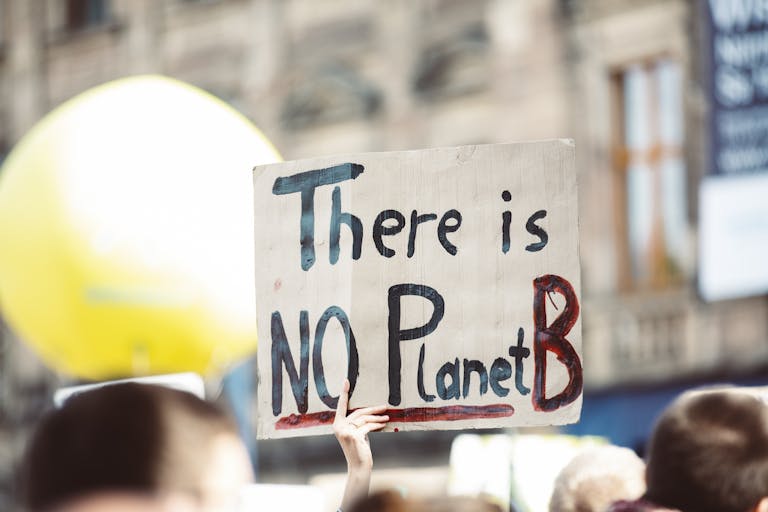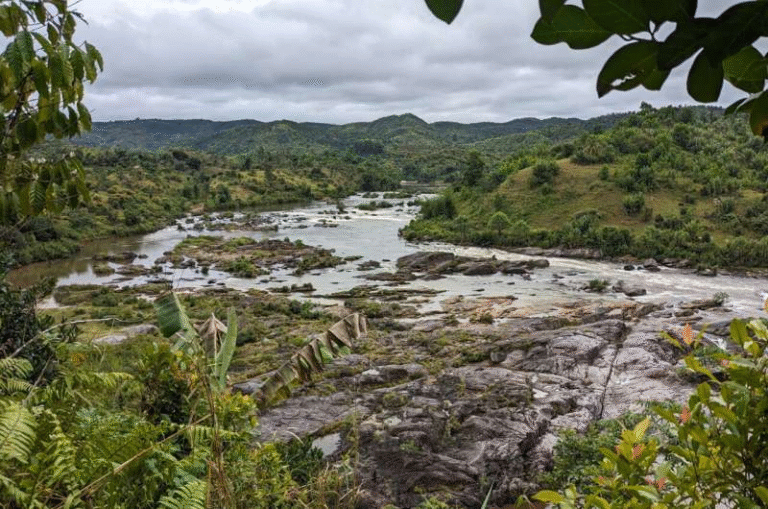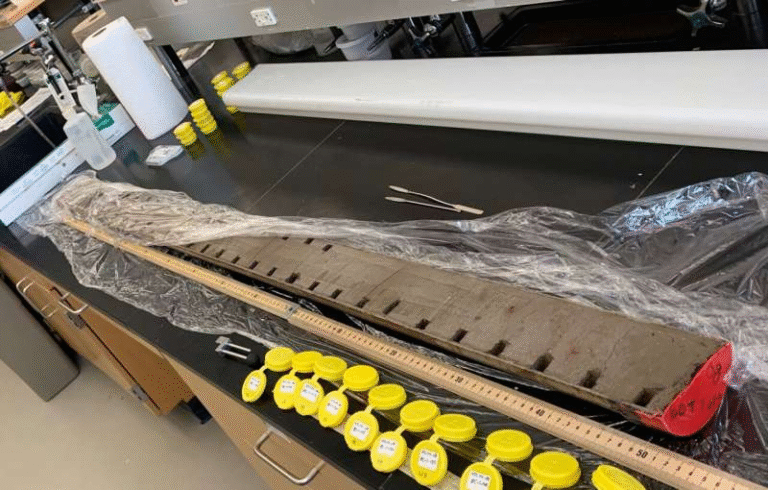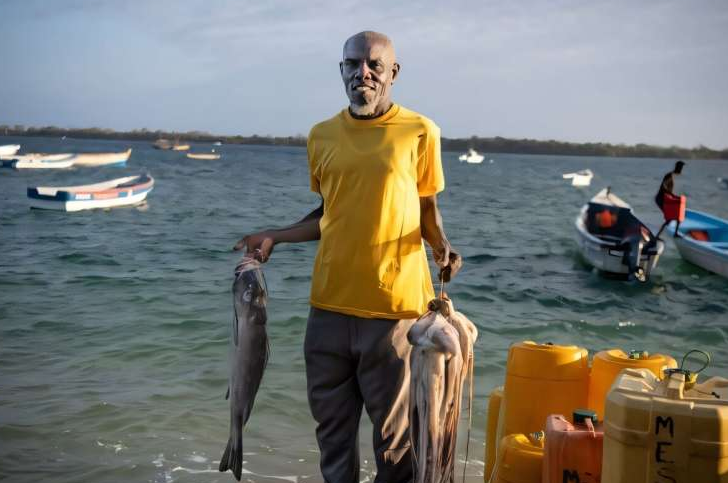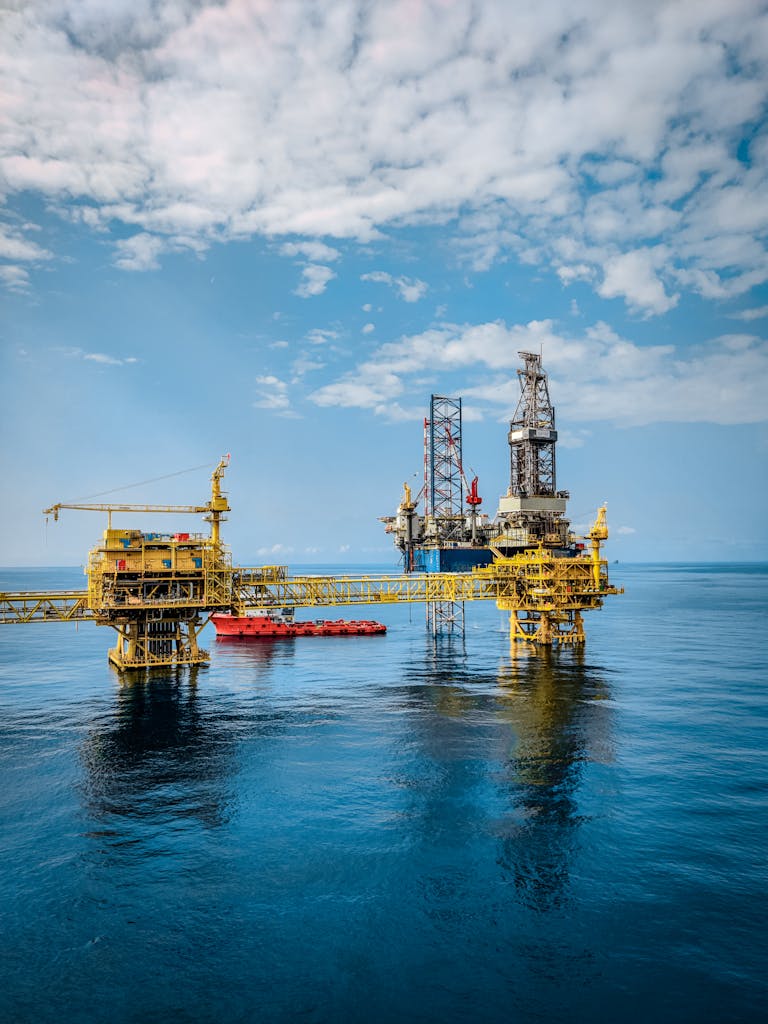Overshooting the 1.5°C Climate Target Now Seen as Inevitable, Says UN Chief

The United Nations has sounded a clear warning: the world will exceed the 1.5°C global warming limit—at least temporarily. UN Secretary-General António Guterres made the statement ahead of the upcoming COP30 climate summit in Brazil, confirming that the planet will soon experience temperatures above the 1.5°C threshold set by the 2015 Paris Agreement.
This isn’t just speculation. Guterres, speaking at the World Meteorological Organization (WMO) headquarters in Geneva, said that keeping global warming below 1.5°C in the short term is no longer possible. The coming years will bring a period where global temperatures rise past that target before—hopefully—declining again if serious action is taken.
What the UN Chief Actually Meant
When Guterres said overshooting is inevitable, he meant the world is locked in for at least a temporary breach of the 1.5°C limit. This overshoot could last a few years or even decades, depending on how quickly nations act to cut greenhouse gas emissions.
The good news, he noted, is that the 1.5°C goal isn’t dead forever. If global leaders act decisively—pushing for rapid emission reductions and massive investment in renewable energy—scientists believe it’s still possible to bring temperatures back down later this century.
However, Guterres made it equally clear that this will not happen with current commitments. The latest national plans to reduce emissions (covering about 70% of global emissions) predict only a 10% cut by 2035. That’s nowhere near enough. According to the Intergovernmental Panel on Climate Change (IPCC), emissions must fall by around 60% by 2035 (compared to 2019 levels) to keep a realistic chance of limiting warming to 1.5°C.
A Reality Check Before COP30
The UN is reviewing updated national climate pledges that were supposed to include 2035 targets and strategies for achieving them. Unfortunately, many countries missed their deadlines to submit these plans earlier this year. An official UN report summarizing the pledges received so far is expected soon, but the early data isn’t encouraging.
Guterres’ statement serves as a wake-up call ahead of COP30, which will take place in Belém, Brazil, next month. He’s urging all countries to come forward with “bold, ambitious climate plans” that align with the 1.5°C pathway. Without stronger action, the Paris Agreement’s most critical goal will slip further out of reach.
Why Overshooting Matters
Exceeding the 1.5°C limit doesn’t mean the world will immediately collapse, but every fraction of a degree matters. Scientists warn that even small increases in global temperature amplify the risk of disasters—heatwaves, floods, wildfires, and storms—and can cause irreversible damage to marine life and ecosystems.
The difference between 1.5°C and 2°C might sound small, but the consequences are huge. At 2°C, coral reefs could almost completely vanish, Arctic ice loss would accelerate, and extreme heat could make some regions uninhabitable during summer months.
The IPCC’s Special Report on Global Warming of 1.5°C concluded that keeping temperatures close to 1.5°C would significantly reduce the most catastrophic climate impacts. The challenge is that we are already at roughly 1.3–1.4°C above pre-industrial levels, and rising fast.
The Climate Politics Behind the Statement
Guterres’ speech wasn’t just about science—it was also a pointed response to ongoing political resistance and misinformation campaigns. He called for stronger efforts to combat climate disinformation, online harassment of scientists, and greenwashing by corporations.
This message was widely seen as a counter to remarks made recently by former U.S. President Donald Trump, who has dismissed climate change as a hoax and criticized renewable energy. Trump’s recent comments praised fossil fuels and claimed that clean energy was “too expensive” and “ineffective.”
Guterres pushed back indirectly, highlighting that in 2024, nearly all new power capacity worldwide came from renewable sources—mainly solar and wind. He emphasized that renewables are now the cheapest, fastest, and smartest form of energy production and represent the only credible path to end climate destruction.
The Planet on the Brink
The UN chief didn’t hold back when describing the scale of the crisis. He warned that global warming is pushing the planet to the brink. The last ten years have been the hottest on record, and ocean temperatures have repeatedly broken historical highs. This ocean heating is devastating coral reefs, fish populations, and entire ecosystems that depend on stable marine environments.
And the heat doesn’t stay in the oceans. It translates into more intense weather everywhere—fires, floods, and storms that no country is immune from. The World Meteorological Organization, celebrating its 75th anniversary this year, has been leading global efforts to improve early warning systems. Guterres praised its initiative to make sure every country has extreme-weather early warning coverage by 2027.
Why It’s Still Not Too Late
While the message sounds bleak, Guterres’ tone wasn’t one of surrender. He stressed that the fight for 1.5°C isn’t over—it’s just harder now. Overshooting doesn’t mean permanent failure; it means we have to double down on efforts to bring temperatures back down later.
To do that, nations must rapidly move toward net-zero greenhouse gas emissions. That means cutting fossil fuel use, investing heavily in renewables, electrifying transportation, improving energy efficiency, and protecting carbon-absorbing ecosystems like forests and wetlands.
He also emphasized the importance of global cooperation. Climate change is a shared problem, and developing countries—often the hardest hit by climate impacts—need financial and technological support to transition away from fossil fuels and adapt to the changes already underway.
Understanding the 1.5°C Goal
The 1.5°C limit was established in the Paris Agreement of 2015, a historic global accord signed by nearly every country. The agreement aimed to limit global temperature rise to “well below 2°C above pre-industrial levels” and to pursue efforts to limit it to 1.5°C.
Why that number? Because 1.5°C represents a scientifically informed boundary between dangerous and catastrophic climate disruption. Going beyond it raises the likelihood of tipping points—moments where systems like the Amazon rainforest, Arctic ice, or ocean currents undergo irreversible change.
While scientists initially hoped 1.5°C could be maintained, the combination of slow emission cuts, economic dependence on fossil fuels, and political inaction has made a temporary overshoot nearly unavoidable.
What Happens Next
The next few years will determine how severe that overshoot is—and how long it lasts. If global emissions continue at current levels, temperatures could cross 1.5°C permanently within this decade. But with rapid mitigation, overshoot could be limited and reversible later in the century through deep decarbonization and large-scale carbon removal technologies (like direct air capture and reforestation).
That path won’t be easy. Carbon removal technologies are still developing and costly. Many experts warn that relying too heavily on them could be dangerous, as they can’t yet offset the massive volumes of emissions currently being released.
Nonetheless, Guterres’ statement serves as both a warning and a call to action. Overshoot is happening—but how far it goes, how long it lasts, and how much damage it causes are still in our hands.
The Bottom Line
The UN’s message is direct: overshooting 1.5°C is inevitable, but the future isn’t written in stone. The world can still control how much we overshoot and how fast we come back down. That will depend on whether countries are willing to step up with genuine, ambitious climate action at COP30 and beyond.
The task ahead is enormous, but the tools exist. Renewables are booming, climate awareness is growing, and science has never been clearer. The question is whether global leaders—and all of us—are ready to act at the speed and scale that reality demands.
Research Reference: UN Secretary-General António Guterres: Overshooting 1.5°C Climate Target ‘Inevitable’ – phys.org (AFP, October 22, 2025)

